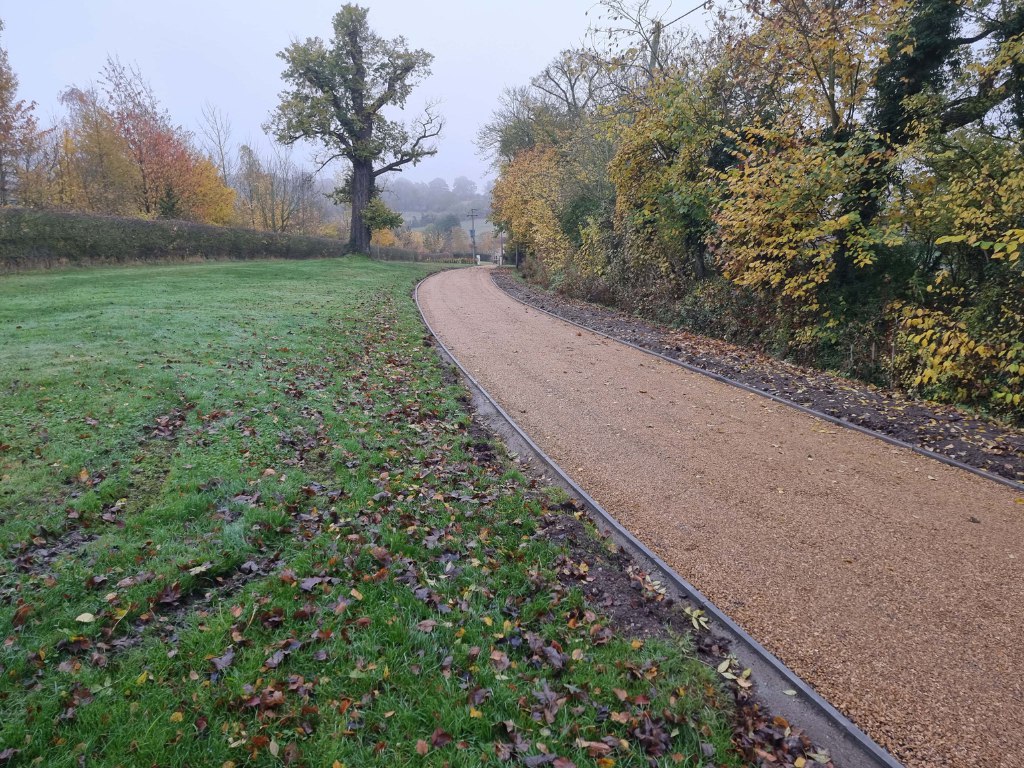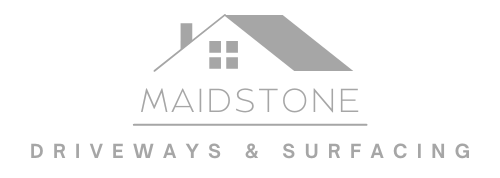7 Key Differences Between Resin, Tarmac, Block Paving, and Tar & Chip
Introduction
Choosing the right surface for your driveway is a bigger decision than many homeowners realise. It’s not just about looks — it’s about durability, maintenance, performance in different weather conditions, and even how the surface complements your property’s character. At Maidstone Driveways & Surfacing, we’ve spent years helping property owners across Maidstone and Kent navigate this decision with confidence.
This article breaks down the seven key differences between resin, tarmac, block paving, and tar & chip surfaces. Whether you’re replacing an old driveway or installing a new one, understanding these differences will help you make a more informed and lasting choice.
1. Appearance & Aesthetic Flexibility
Resin
Resin-bound surfaces are known for their sleek, modern appearance. With a range of colour blends and natural aggregates available, you can tailor the look to suit contemporary or traditional homes alike.
Block Paving
Block paving offers a classic, elegant finish. With various patterns and block colours, it’s ideal for those seeking a more decorative, customised design.
Tarmac
Tarmac offers a smooth, uniform black finish. While limited in terms of design variation, it provides a neat and practical appearance.
Tar & Chip
Tar & chip is more rustic in style — better suited to countryside properties or those looking for a more traditional, gravelled aesthetic.
Key Takeaway: For modern and flexible visual appeal, resin and block paving come out on top.
2. Installation Time
Resin
Resin takes a bit more prep work, especially with ground preparation, but once that’s done, the actual installation is relatively quick.
Tarmac
Tarmac is typically one of the quickest to install. It’s often completed within a day or two depending on the size of the area.
Block Paving
Block paving is more time-intensive due to the need for precise laying and cutting of each block. It’s not a rush job — and shouldn’t be.
Tar & Chip
Installation is fairly quick and straightforward, making it a popular choice for larger, rural driveways.
Key Takeaway: Tarmac and tar & chip offer faster installs, while block paving requires more time and skill.
3. Durability & Longevity
Resin
Resin driveways are long-lasting when installed correctly and with proper drainage. They’re also UV-stable, so colours won’t fade easily.
Tarmac
Tarmac can last a good number of years with proper care, but it’s more prone to surface wear and softening in hot weather.
Block Paving
Durable and highly resilient, block paving can handle heavy vehicles and allows for easy repairs by replacing individual blocks.
Tar & Chip
Tar & chip has moderate durability. It stands up well in rural settings but may wear quicker under frequent vehicle use.
Key Takeaway: Block paving and resin offer the most long-term resilience, especially for high-traffic areas.
4. Maintenance Requirements
- Resin: Low maintenance. Occasional jet washing keeps it looking fresh.
- Tarmac: Needs periodic resealing to prevent cracking.
- Block Paving: Requires regular weeding and resealing to maintain appearance.
- Tar & Chip: Loose stones can scatter over time; occasional top-ups may be needed.
Key Takeaway: If you’re after minimal upkeep, resin is your friend.
5. Drainage Performance
Proper drainage isn’t just a nice-to-have — it’s essential in rainy areas like Kent.
- Resin: Resin-bound systems are porous, meaning water drains naturally, reducing puddling.
- Tarmac: Impermeable unless combined with a permeable base or drainage channels.
- Block Paving: Can be permeable depending on the sub-base and jointing.
- Tar & Chip: Water can run off to the sides, but not designed as a drainage solution.
Key Takeaway: For built-in drainage, resin-bound surfacing wins hands down.
6. Traction & Safety
Resin
Offers excellent grip and is slip-resistant, even when wet. A solid choice for households with children or older adults.
Tarmac
Provides good traction, though hot weather can make it slightly sticky underfoot.
Block Paving
Great for grip but can become slippery if moss or algae build up over time.
Tar & Chip
Naturally gritty surface provides strong traction, ideal for sloped driveways or rural settings.
Key Takeaway: Both resin and tar & chip perform well in terms of traction and grip.
7. Versatility for Different Properties
- Resin: Suits modern and traditional homes. Excellent for driveways, paths, and patios alike.
- Tarmac: Practical for larger driveways and commercial settings. Less flexible aesthetically.
- Block Paving: Perfect for residential homes looking to add visual interest and curb appeal.
- Tar & Chip: Works well in country properties, farms, or long access drives where practicality and texture are prioritised.
Key Takeaway: Choose based on property type — resin and block paving suit residential settings, while tarmac and tar & chip offer practicality for larger or rural spaces.
Conclusion
At the end of the day, choosing between resin, tarmac, block paving, and tar & chip comes down to what matters most to you — whether it’s looks, durability, speed of installation, or maintenance. Each option has its unique strengths and ideal use cases, and understanding these differences ensures you’ll make the best investment for your home or property in Maidstone.
At Maidstone Driveways & Surfacing, we specialise in installing all four of these surfaces with precision and care. Whether you have a specific vision or need expert advice, our team is ready to guide you from start to flawless finish. Ready to get started? Let’s create a driveway that lasts — and looks great doing it.
Call us on: 01622 938 289
Click here to find out more about Maidstone Driveways & Surfacing
Click here to complete our contact form and see how we can help with your driveway needs.

